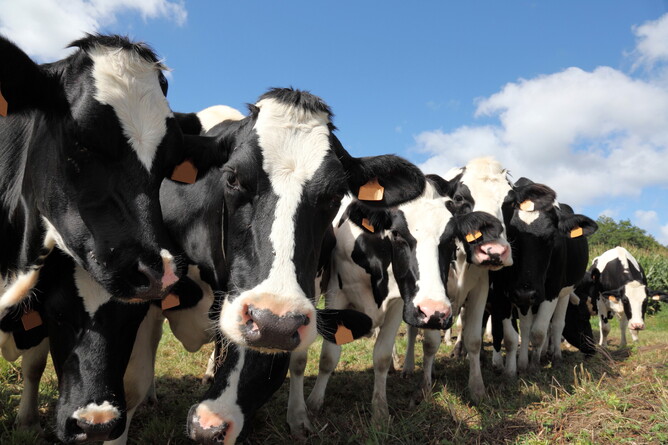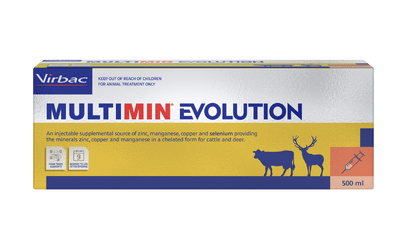Zinc and manganese are two essential microminerals for dairy cows and calves.
Animals deficient in these trace elements can have problems with health and immunity, making them more susceptible to disease.
Zinc is often associated with the prevention of facial eczema, but it’s also very important outside the eczema season for growth, production, reproduction, and hoof health.
Because most feeds contain at least a marginally adequate level of manganese, we don’t often see clinical manganese deficiency – but that doesn’t mean there’s no subclinical deficiency present.
Manganese absorption depends on the calcium and phosphorous concentrations in the diet. Diets over winter and around calving (transition diets and colostrum cow diets) often contain different calcium and phosphorous levels than usual. This can alter manganese absorption, and not always in a good way.
Calves born to cows low in manganese can show malformed bone structures, such as enlarged joints, twisted legs, and shortened front legs.
In cows, manganese deficiency can result in more services required per conception, and irregular or absent oestrus (heats).
In bulls, manganese deficiency is associated with less developed tubes in the testes, leading to reduced sperm production.
An easy way to top up zinc and manganese in your stock is with an injection of Multimin Evolution. It also contains copper and selenium, two other key trace elements.
Depending on the planned winter diet for your cows and their current copper and selenium levels, Multimin Evolution could be a simple way to help prepare them for the stresses around the dry off transition. It will also set up unborn calves for a strong start.


